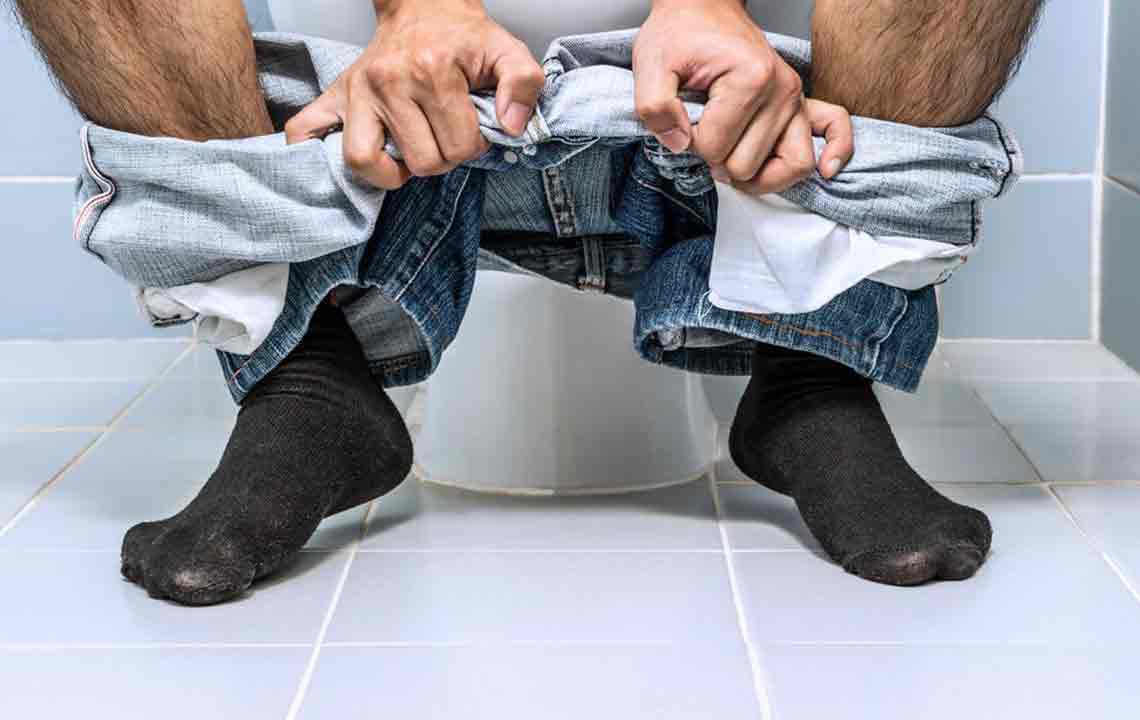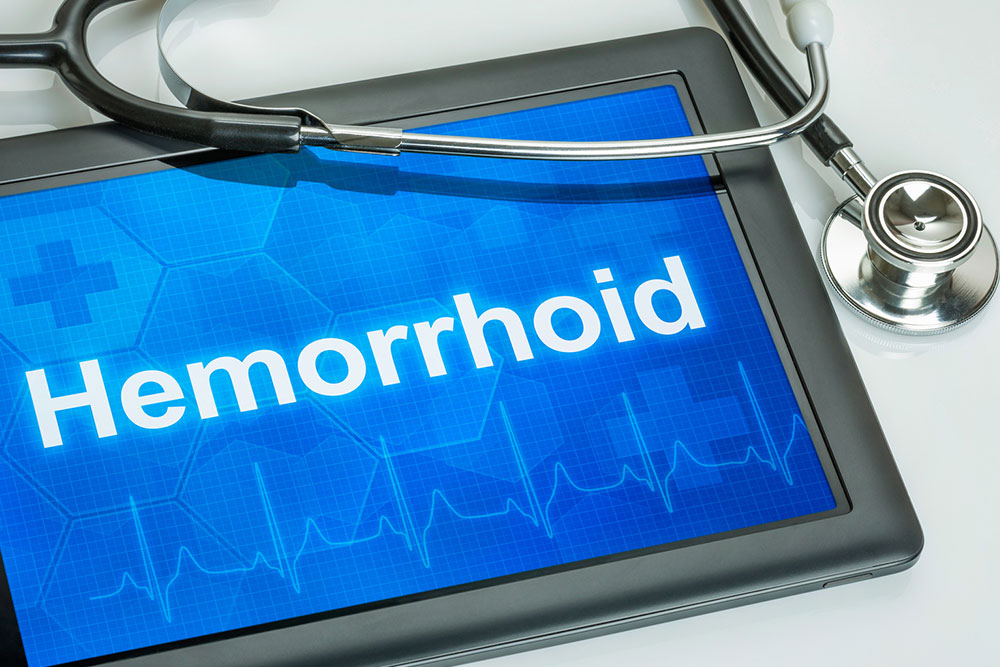Comprehensive Guide to Managing Hemorrhoids Naturally and Medically for Lasting Relief
This comprehensive guide explores both natural and medical strategies for managing hemorrhoids effectively. Learn about diagnosis, treatments like minimally invasive procedures and surgery, and natural remedies such as dietary fiber, sitz baths, and herbal solutions. Combining lifestyle changes with professional care can help alleviate symptoms, promote healing, and prevent recurrence. Whether mild or severe, understanding your options is key to long-term relief from hemorrhoids. Consult healthcare providers for personalized treatment plans to improve comfort and health.

Comprehensive Strategies for Managing Hemorrhoids Naturally and Medically for Long-Term Relief
Hemorrhoids are a common condition that can cause significant discomfort, pain, and bleeding during bowel movements. Recognized by symptoms such as swelling around the anus, irritation, itching, and bleeding, hemorrhoids can impact daily life and overall well-being. Nearly half of the adult population will experience hemorrhoids at some point, highlighting the importance of understanding both natural and medical treatment options. While mild cases may improve within weeks through simple interventions, chronic or severe hemorrhoids often require specialized medical care. Proper diagnosis by healthcare professionals is crucial to determine the appropriate course of treatment, which may include medications, minimally invasive procedures, or surgical removal.
Understanding Diagnosis and Medical Treatments
If you experience symptoms such as bleeding during bowel movements, persistent itching, swelling, or pain around the anal area, it is essential to seek medical advice promptly. External hemorrhoids are often visible or can be felt as lumps around the anus, whereas internal hemorrhoids lie inside the rectum and require examination using specialized instruments like sigmoidoscopes or anoscopes. Accurate diagnosis is vital for selecting the most effective treatment plan.
Medical options vary depending on the severity of hemorrhoids. Mild cases can often be managed with topical ointments containing corticosteroids or anesthetics, oral pain relievers, and lifestyle changes. For more persistent issues, minimally invasive procedures are available. Rubber band ligation, where a tiny band is placed around the base of the hemorrhoid to cut off blood supply, causes the hemorrhoid to fall off naturally. Laser therapy and sclerotherapy, involving the injection of a solution into the hemorrhoid to shrink it, are also common. For larger, chronic hemorrhoids, surgical options like hemorrhoidectomy, which involves the surgical removal of swollen tissues under anesthesia, may be necessary. Additionally, hemorrhoid stapling procedures reduce blood flow to the area, causing hemorrhoids to shrink and alleviate symptoms.
Preferred Natural Remedies for Hemorrhoid Relief
Many individuals prefer natural approaches to manage hemorrhoids due to their fewer side effects and overall safety. Lifestyle and dietary modifications are the cornerstone of natural management. Increasing dietary fiber intake by consuming more fruits, vegetables, whole grains, and nuts helps soften the stool, reducing the strain during bowel movements, which is a primary factor in hemorrhoid development. Adequate hydration — drinking plenty of water throughout the day — is essential to keep stool soft and prevent constipation.
Sitz baths or warm water soaks for 10-15 minutes several times a day can significantly reduce discomfort, alleviate itching, and promote healing by increasing blood flow to the affected area. Applying natural remedies such as apple cider vinegar externally or internally has gained popularity for their anti-inflammatory properties. Aloe vera gel offers soothing relief from inflamed tissues, reducing swelling and discomfort. Using moist or aloe-infused toilet paper instead of dry or rough paper minimizes irritation, especially during flare-ups. Additionally, practicing proper hygiene with gentle cleaning routines and avoiding harsh soaps can prevent exacerbating symptoms and aid in recovery.
Beyond these measures, over-the-counter creams containing hydrocortisone or witch hazel can provide temporary relief from swelling and itching. Incorporating regular exercise, maintaining a healthy weight, and avoiding prolonged sitting or straining during bowel movements support long-term management of hemorrhoids.
In conclusion, an integrated approach combining medical treatments and natural remedies tailored to individual needs offers the best chance for effective hemorrhoid management. Consulting with healthcare professionals is essential to identify the severity and choose appropriate interventions. When properly managed, hemorrhoids can be reduced significantly, improving quality of life and preventing recurrence.





